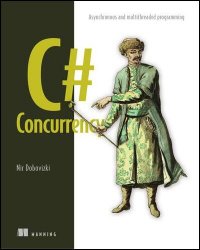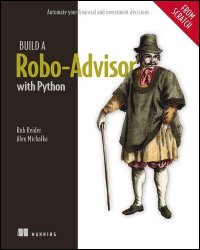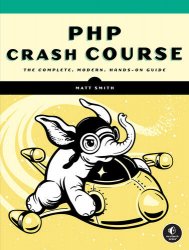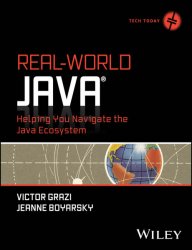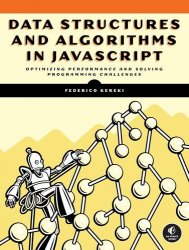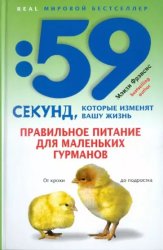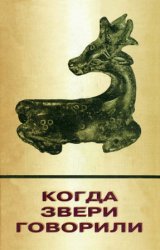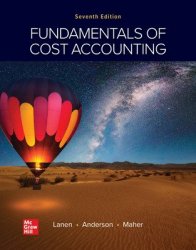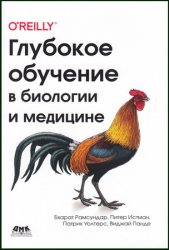 Название: Computational Intelligence and Mathematics for Tackling Complex Problems 5
Название: Computational Intelligence and Mathematics for Tackling Complex Problems 5Автор: M. Eugenia Cornejo, László T. Kóczy, Jesús Medina
Издательство: Springer
Серия: Studies in Computational Intelligence
Год: 2024
Страниц: 151
Язык: английский
Формат: pdf (true), epub
Размер: 14.3 MB
This book is focused on connecting two interesting research areas, mathematics and Computational Intelligence, by means of appealing contributions devoted to give solutions to different challenges of the current technological age. It continues the collection of articles dealing with the important and efficient combination of these both areas, with a stress of fuzzy systems and fuzzy logic. It also includes relevant papers on the development and application of mathematics, Artificial Intelligence (AI), and automatic reasoning tools to Digital Forensics. The chapter “Efficiency of Fuzzy Rough Set Decision Algorithms” studies decision algorithms given in Rough Set Theory. Decision algorithms are used in this theory to know if a set of decision rules is suitable to describe a decision table. One of the most important notions associated with decision algorithms is the notion of efficiency. In this work, the authors present a generalized notion of efficiency, considering the fuzzy framework. The chapter “Use of Fuzzy Time Series to Generate Linguistic Descriptions of Noise Pollution” introduces a proposal to represent sets of time series by means of fuzzy time series composed of linguistic labels. This representation increases the interpretability of the fuzzy time series by using linguistic labels, which can be defined by an expert in the domain. The authors use the Monte Carlo method in order to match each fuzzy set in the initial fuzzy time series with the considered linguistic labels.

